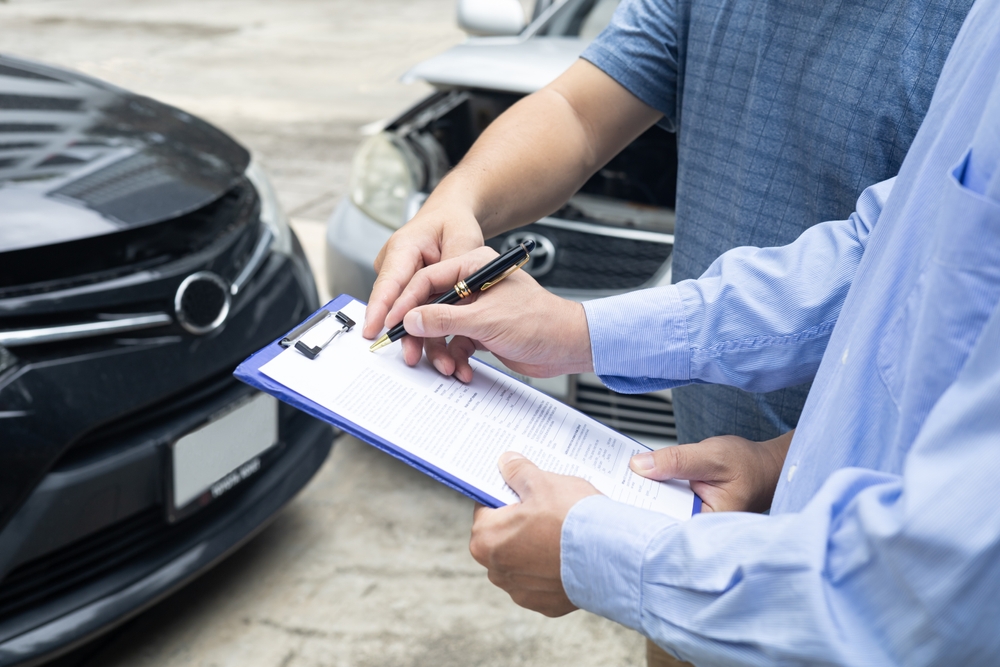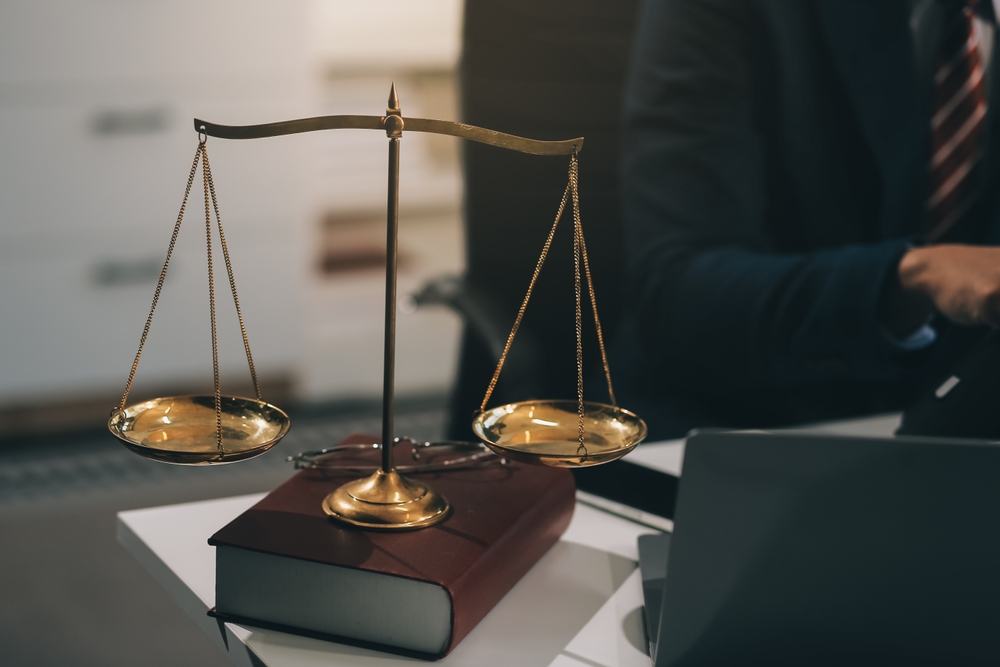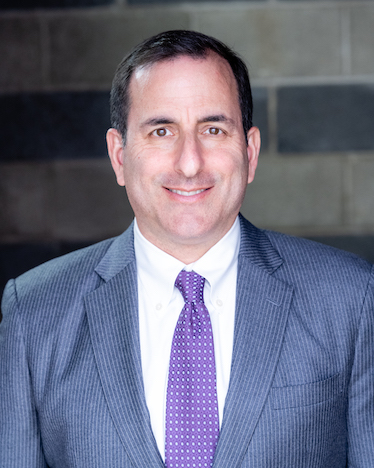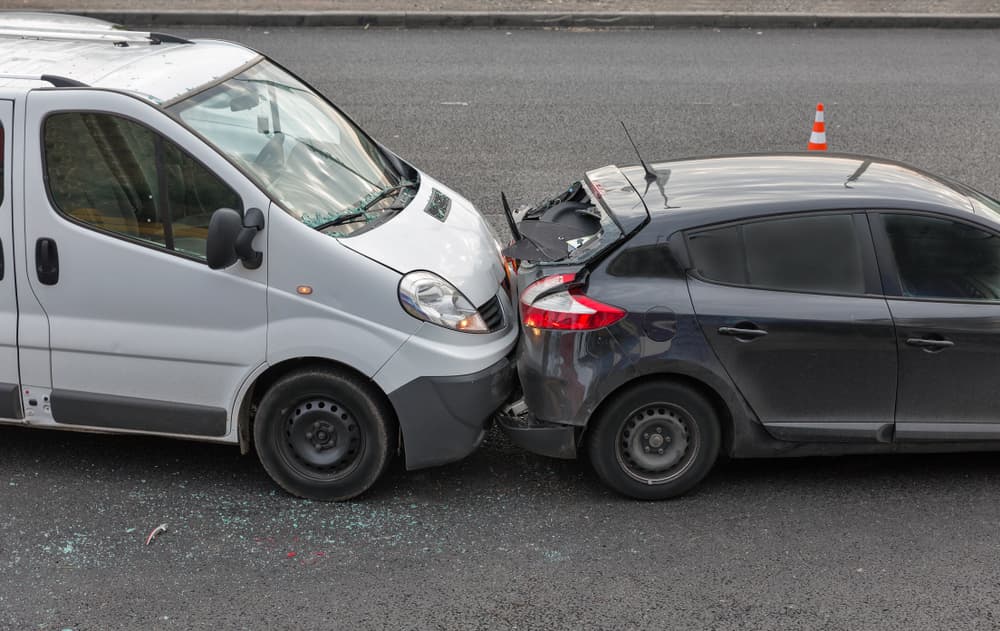Do not stress if you delayed your car accident claim. Yes, insurance companies generally expect car accident victims to file their claim within “a reasonable period of time,” and some may even cite specific deadlines—which, in some cases, maybe as short as a day or two after the accident.
However, the phrase “reasonable period of time” is somewhat subjective. You probably have a valid reason for delaying your claim. If an insurance provider denies your claim because you waited to report the accident, your car accident attorney can appeal and explain why the delay happened.
If You Delayed Your Car Accident Claim, Do Not Delay Any Longer
Your lawyer will discuss with you why you delayed your claim in a non-judgmental manner. This can be important if your lawyer needs to appeal a claim denial. For now, though, it’s most important that you recognize:
- You need to report your accident within the timeline required by your state.
- You need to ensure all liable insurance companies receive and formally process your claim(s)
- You also need to be aware of the statute of limitations for filing a personal injury lawsuit, which is generally two years from the date of the car accident
In other words, hire your car accident attorney as soon as possible. Your lawyer will immediately contact insurance companies, local public officials, and anyone who needs to know about your accident.
There Are Other Reasons to Hire Your Car Accident Lawyer as Soon as Possible
In addition to the legal deadlines that govern auto insurance claims and lawsuits, there are other reasons to retain your car accident lawyer sooner rather than later. These reasons include:
- Evidence: Nothing lasts forever, and that includes evidence from car accidents. Some types of evidence are particularly prone to being lost over time. This includes witness accounts and video from traffic cameras. The sooner you retain your car accident attorney, the sooner they can gather and preserve all useful evidence.
- Insurance companies’ questionable tactics: It does not take long for insurance companies to apply pressure to car accident survivors. Insurers may pressure you to make statements (on the record), review their settlement offer, and make a decision about that offer. Every interaction with the insurance company poses a risk, so you should hire your lawyer to deal with those insurers.
- Your recovery: If you don’t prioritize your health after a car accident, you may risk developing a long-term disability or prolonging the recovery process. The sooner you hire your car accident attorney, the sooner you can put your full attention towards your health.
All signs point to you hiring a lawyer as soon as possible. Your health and case prospects demand that you no longer delay.
There Are Many Credible Explanations for Delaying a Car Accident Claim

Some car accident victims fear that if they delay filing their claim, they won’t be eligible to get compensation. The truth is that delaying the filing of your claim can:
- Cause you to miss certain claim-related deadlines
- Lead the insurance company to conclude that your injuries aren’t serious
- Result in other complications that make it more challenging to complete your claim successfully
Read this carefully, though: All is not lost if there was a delay before you filed your claim. You may not have missed deadlines yet. Your lawyer may file an appeal and explain the delay if you have. Some reasonable explanations for claim delays include:
- That you were incapacitated after the accident
- That bad faith or miscommunication by the insurance company contributed to the delay
- That you filed the claim, but it was not processed as it should have been
- That other extenuating circumstances explain the delay
Even if you experience problems filing an insurance claim (which typically has a brief window), you may still be eligible to file a lawsuit. Car accident lawsuits generally have a two-year filing window. As your case progresses, your lawyer will explain your options and pursue the courses you mutually decide on.
You May Have Delayed, But Your Lawyer Will Ensure the Insurance Company Does Not
While car accident survivors have many potential reasons for delaying a claim—including debilitating health issues—insurance companies do not have the same leeway. In fact, for example, Illinois law requires insurance companies to contact the claimant within 21 days of you notifying them of the accident.
Your lawyer will:
- Immediately take over communications with insurers.
- Keep track of the time between filing your claim and the insurance company’s response to the claim (keeping that 21-day deadline in mind).
- Provide all relevant documentation of your injuries and losses to the insurance company.
- Pressure the insurer to move the claims process forward as quickly as possible.
Car accident lawyers are constantly dealing with insurance companies and claims. This makes a lawyer perfectly suited to handle your case.
How a Car Accident Lawyer Will Help After Your Auto Collision
Just as you go to a doctor to take the lead in your health, you turn to a lawyer to take full control of your insurance claim. If you ultimately file a lawsuit related to your car accident, your lawyer will also take charge of that pursuit.
An attorney may need a few minor things from you, such as:
- Your account of how the car accident happened
- Any relevant evidence (like photographs you took of your damaged vehicle)
- Any relevant documentation of your damages (like medical bills you’ve saved)
- A statement to pass on to the insurance companies
Expect your legal team to do the heavy lifting when it comes to your case, though. Your attorney and their support staff will:
Collect Evidence
Your lawyer must prove who caused the accident. Video from traffic and security cameras, photographs of vehicle damage, expert testimony, and witness testimony are among the types of evidence that can help them do this.
Establish Liability
Evidence will help your lawyer determine fault. Once they know who caused your accident, your attorney can determine who has financial responsibility. Usually, those with liability are:
- The person or people who caused the accident (in most cases, this is a motorist)
- The insurer for the person or people who caused the accident
There are other rare cases where another party has a liability, even though they did not cause the accident, and don’t insure the person who did. The primary example is an employer whose employee causes a car accident while on the clock.
Detail Damages
Your legal team will obtain all documentation of your damages, and this may include:
- Your doctors’ diagnoses of your injuries
- Medical bills detailing the nature and cost of your care
- Your mental health service provider’s diagnoses of clinical conditions (like post-traumatic stress disorder)
- Bank statements that show a drop in income following the car accident
- Bills related to the repair or replacement of your damaged car
Your own testimony can also benefit your case, particularly when it comes to pain and suffering. While a mental health professional can provide formal diagnoses, you are probably best suited to explain the pain and suffering you’re enduring.
Calculate Your Settlement Target
When establishing a settlement target, your legal team will account for all economic and non-economic damages. To fully account for these damages, your lawyer may need you to reach maximum medical improvement (MMI)—in the meantime, your law firm will ensure your bills get paid.
Some accident victims ask: What if I have damages, like a disability, that I will deal with for the remainder of my life? In such cases, attorneys work with medical professionals, economists, and other qualified experts to determine the long-term cost of the client’s damages.
Present Their Demands
Your lawyer will present their settlement demands to whatever party they’re seeking compensation from. This may include:
- Your insurance provider
- A third-party insurance provider
- Legal counsel representing an at-fault party
Presenting settlement demands are often just the start of a back-and-forth process. Liable parties may dispute your lawyer’s calculation of losses, claim that certain losses are not covered, and use other tactics to try to get you to accept less than you deserve.
Your attorney will engage in good-faith negotiations. However, insurance companies and other liable parties do not always do the same.
File a Lawsuit (If Needed)
If liable parties fail to offer an acceptable settlement, you and your lawyer may consider filing a lawsuit. Even if you decide to sue, your lawyer can still secure a settlement from liable parties—in fact, that is how most civil lawsuits conclude.
There are many perks when you hire a lawyer. Being able to pivot immediately from an insurance claim to a lawsuit is one of those perks. This is especially important because most states require car accident victims to file their lawsuits within a relatively short deadline.
Go to Trial (If Needed)
If your attorney files a personal injury or wrongful death lawsuit, they will oversee every aspect of the legal process. Completing a car accident trial generally requires the following:
- Creating a strategy and case that is specific to the client
- Completing the pre-trial process, which can include question-and-answer sessions known as depositions, motions hearings, and several other steps
- Making opening arguments, questioning witnesses, and entering evidence
- Responding as the opposing counsel makes their case
- Making closing arguments
Choose a lawyer who has earned many verdicts after representing clients at trial. This will instill confidence that you have chosen the right firm if your case goes to court.
What Damages Should Liable Parties Cover After a Car Accident?
Your car accident lawyer will account for every single shred of harm that has resulted from the collision, which may include:
- Professional damages: Lost productivity is one of the primary consequences of auto accidents. You may lose income, earning power, promotion chances, bonus opportunities, and other professional perks
- Pain and suffering: Your legal team will have a professional evaluate any post-traumatic stress disorder (PTSD), anxiety, depression, pain conditions, sleep disorders, and other types of pain and suffering related to your car accident.
- Medical costs: It’s common for car accident survivors to need emergency services, surgeries, medications, imaging, and many other medical items and services. Your attorney will consult your doctors to determine the cost of all your accident-related medical needs.
- Property-related expenses: The cost of repairing your vehicle, replacing damaged property, and securing temporary transportation can be substantial. Your attorney will demand that liable parties cover these costs.
If you have any other damages, your attorney will demand that liable parties cover them.
What a Client Does While Their Lawyer Is Completing Their Car Accident Case

When you hire a lawyer, your case-related responsibilities go from many to a few. Your lawyer will handle duties you would have had to handle on your own—and certain duties you may have merely skipped if not for your choice to hire a lawyer.
As your attorney handles those steps, you can focus your effort and attention on the following:
Recovering from Your Physical Injuries
Your doctor may instruct you to:
- Rest
- Use ice and heat regularly
- Come in for regular visits
- Receive rehabilitation
- Receive various other treatments for accident-related injuries
You must follow instructions from your doctor and mental health service providers, as they may hold the keys to your recovery.
Transitioning Back Into Work
You may steadily resume working after your accident, though some accident victims are permanently disabled. If you do so, your lawyer will keep tabs on your return to work and document any lost earning power or other related damages.
Collaborating With Your Lawyer
Your lawyer will contact you if they need you to give a statement or review a settlement offer. Simply keep your phone handy and answer their calls.
If insurance representatives or others involved in the case contact you, refer them to your attorney. Your focus should be on you.
There Is No Financial Barrier to Hiring a Car Accident Lawyer—Hire Yours Today
personal injury lawyers don’t require any upfront fee, so you can hire a lawyer today. Do some research and find a firm that is qualified to lead your case. Call that firm as soon as possible.



